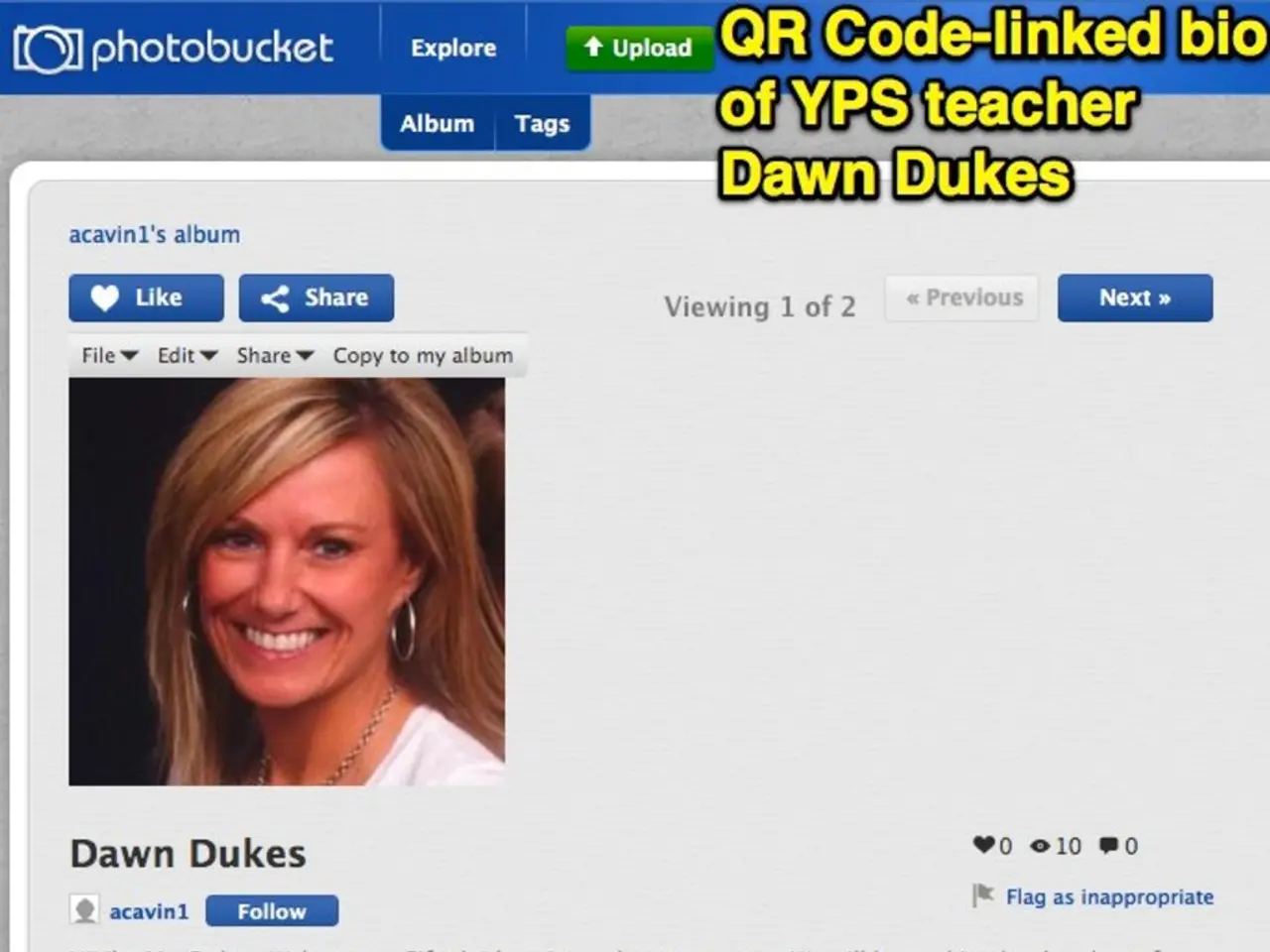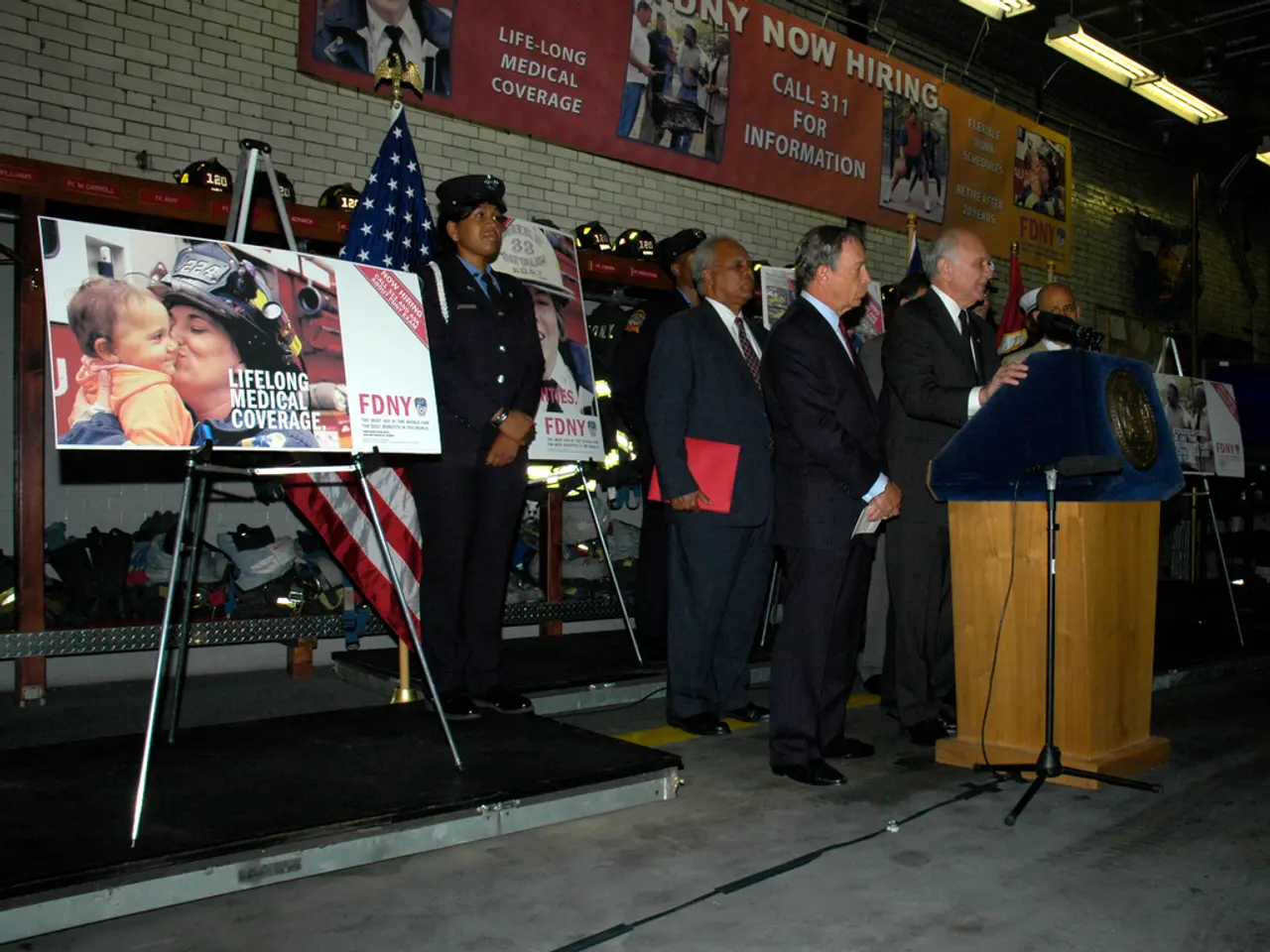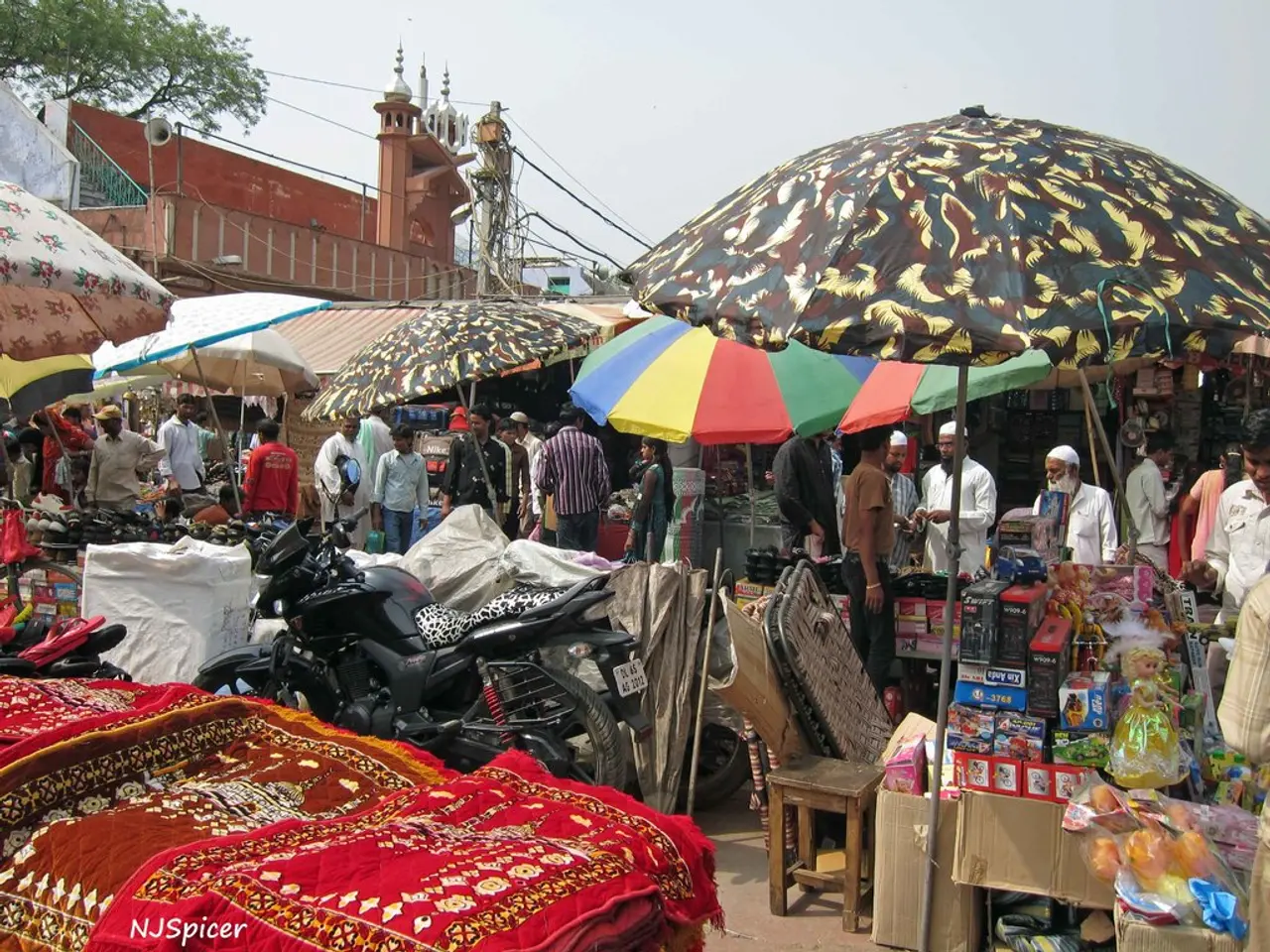Syria's crucial deciding point approaches with the inaugural vote after Assad's rule
Syria is currently navigating a significant political transition, with the global community expressing strong disapproval of the recent mass killings. The massacres, reported in March, have sparked global condemnation, and the international community is closely monitoring the situation.
Indirect parliamentary elections are scheduled to take place in Syria from September 15-20, 2025. These elections represent a transitional phase, with a provisional electoral law and a mixed composition of the People’s Assembly—140 members indirectly elected by local electoral colleges, and 70 appointed directly by the president to ensure technocratic expertise and diverse representation.
However, ethnic minorities in Syria, such as the Kurds and Druze, have faced exclusion from key phases of the political transition and electoral preparations. This exclusion reflects ongoing ethnic and sectarian tensions and limits minority political participation during the transition.
Mona Yacoubian, the director of the Centre for Strategic and International Studies think tank's Middle East programme, described the elections as a "small but important step" towards expanding Syria's political process. Yet, she emphasised that the exclusion of ethnic minorities remains a significant concern.
The Syrian government, in response to the mass killings, has vowed accountability and promised to hold those responsible accountable. This commitment is crucial in addressing the international concern and rebuilding trust within the nation.
It is important to note that the elections are occurring in a context where neighbouring states are involved. The designs of these states, although not specified, could potentially impact the electoral process and the political future of Syria.
The international community is playing an evolving role, particularly through shifting sanctions regimes and diplomatic recognition. In 2025, major Western powers including the US, EU, and Japan lifted sanctions on Syria, signaling increased acceptance of the new authorities and offering economic and diplomatic support that underpins the regime’s consolidation of power and the political transition. This external legitimization is crucial for Damascus to strengthen state institutions and manage internal divisions.
In summary, Syria’s post-Ba’ath political expansion is characterized by indirect, controlled elections aiming for a technocratic assembly, but ethnic minorities remain marginalized from meaningful participation. The international community’s easing of sanctions boosts the new government's position but has not transformed internal inclusivity or pluralism. The mass killings continue to cast a shadow over the political process, and the Syrian government's commitment to accountability will be a key factor in restoring faith and trust within the nation and the international community.
The upcoming indirect parliamentary elections in Syria, scheduled for September 2025, are a part of the country's political transition, yet ethnic minorities such as the Kurds and Druze are concerned about their exclusion from key phases, which reflects ongoing ethnic and sectarian tensions and limits minority political participation during the transition.
The international community, despite easing sanctions in 2025, continues to closely monitor the situation due to concerns about war-and-conflicts and general-news events like the mass killings, with the Syrian government's commitment to accountability being crucial in addressing these international concerns and rebuilding trust within the nation.







